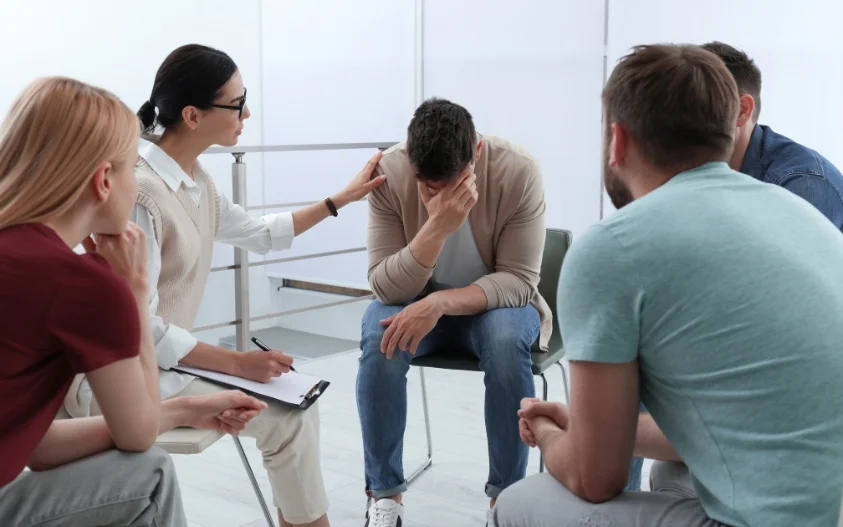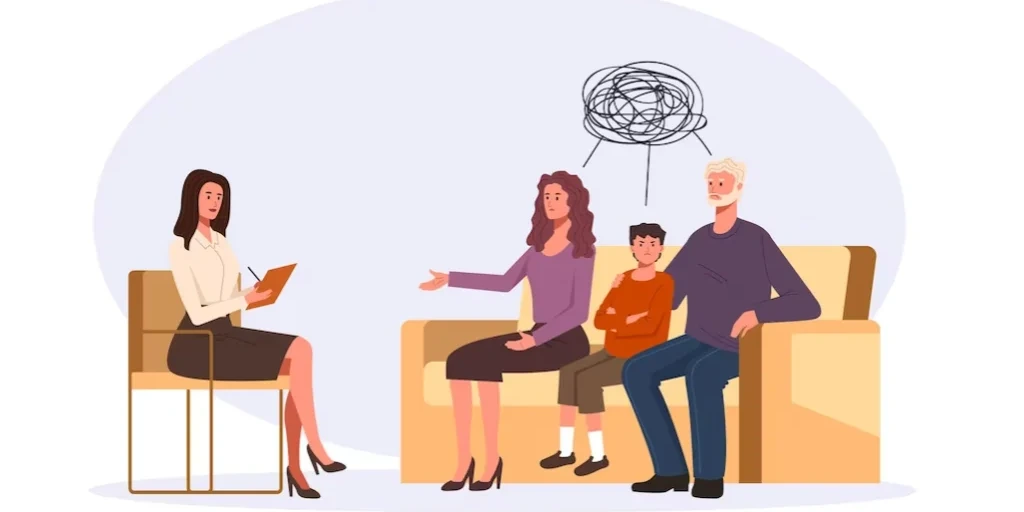24/7 Helpline:
(866) 899-111424/7 Helpline:
(866) 899-1114
Learn more about PTSD Treatment centers in Offutt A F B

Other Insurance Options

Magellan

UMR

Excellus

State Farm
Beacon

Meritain

CareFirst

Oxford

PHCS Network

Health Partners

Highmark

Choice Care Network

Magellan Health

Carleon

Ambetter

Amerigroup

Absolute Total Care

Lucent

CareSource

Sliding scale payment assistance

CHI Health Psychiatric Associates
CHI Health Psychiatric Associates is a private rehab located in Papillion, Nebraska. CHI Health Psyc...





























































Heartland Family Service
Heartland Family Service is a private rehab located in Papillion, Nebraska. Heartland Family Service...

ABH Addiction and Behavioral Health Services
ABH Addiction and Behavioral Health Services is a private rehab located in La Vista, Nebraska. ABH A...
















